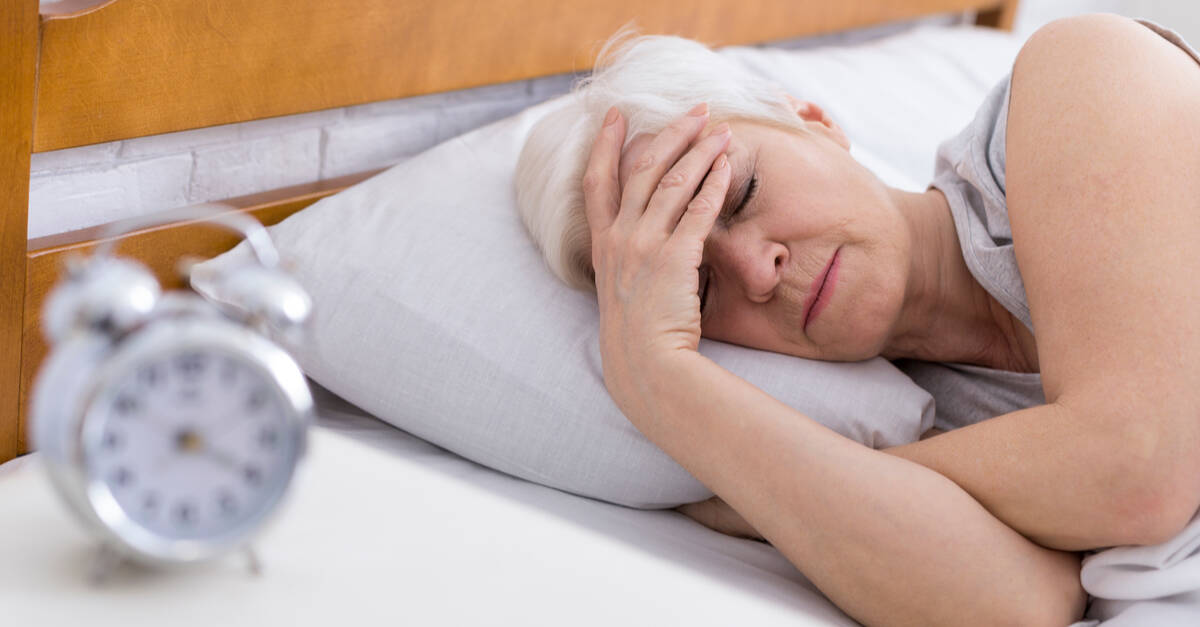What are the benefits of sleep?
- Improved weight management
- You look younger
- Increased energy
- Improved immune function
- Improved blood sugar control
- Improved blood pressure
- Improved hormonal and brain function
- Increases the level of BDNF (brain derived Neurotrophic Growth Factor)—a key neurochemical responsible for the growth and maintenance of neural connections in your brain
- Proper memory formation
- Heart protection
What happens when you don’t get enough sleep?
You are more likely to gain weight, as lack of sleep is a significant stress and your body responds the same way it does to other stressors: which is to alter normal cortisol production and disrupt the HPA axis. This in turn increases your blood sugars – potentially leading to obesity. This cycle sets you up for gaining weight by up to 89%, and other metabolic diseases, like diabetes. We all know how bad you feel when you are sleep deprived, it affects your brain function, coordination, energy, enthusiasm, mood, and sex drive. I consider getting a good night’s sleep to be one of my most important health goals, as when I don’t get a good night’s sleep – I can barely function. Lack of sleep also decreases your immune function, leaving you more vulnerable to all viruses, pathogens and other disease.
What things interfere with a good night’s sleep?
There are many things that can interfere with a good night’s sleep, including:
- noise
- light
- temperature
- snoring partner
- poor nutrition and blood sugar imbalances
- stress
- chronic pain
- sleep apnea
- thyroid disease
- caffeine
- alcohol
- working too late
- medication
- a busy mind
- worry
- high cortisol levels
- light
- exercising too late in the day
- an uncomfortable bed or pillow
- inconsistent sleep routine
If you are one of the lucky ones who can sleep well in any situation, for example, with a snoring partner, then you have already established a great habit of being able to sleep under any circumstance. Sadly, many of us can’t do that, so we need to first of all establish the habit of getting a good night’s sleep by doing whatever we need to.
Once you have established the habit of sleep, it’s easier to cope with other challenges, like noise. I really value my sleep now. I can feel the difference it makes on every level. I can think more clearly, my skin looks better, I feel happier, more calm and it helps to keep my weight down. Getting my sleep right as taken me quite some time, and below you will find the things that I do every night. Cherry pick the ones that suit you. It looks like a long list, but after a while it will all become an easy habit, just keep doing them every night and you will soon be sleeping soundly.
My Tips to Help You Get a Better Night’s Sleep
- Sleep in a dark room.
- Sleep in a room that has fresh air coming in. Fresh air improves every cell in your body as it contains more oxygen than stale air and you sleep more soundly. If you leave windows closed the air is warm, more moist, and bacteria, mold, and viruses are more likely to thrive. I always sleep all year round with my window slightly open (unless it is windy!).
- Value your sleep—it will give you the foundation for a great life.
- Invest in a good bed that is chemical free. The best way to ensure that is to buy an organic cotton mattress. I invested in one and this has given me such sound sleep.
- Try to go to bed approximately the same time most nights, as your hormones, particularly melatonin (sleep-inducing hormone), are more likely to form a pattern to support your sleep.
- Switch off all electronic devices (electromagnetic frequencies decrease the production of melatonin, a hormone needed for sleep).
- Keep the temperature in your bedroom coolish (between 15 to 20°C), as you will go into a deeper sleep. Fresh air will help to keep it at the right temperature.
- Keep your bed for sleeping in only and you will more likely develop a neural pathway to help you sleep more easily.
- If your partner snores and it keeps you awake, consider separate rooms.
- Get to bed prior to 10 p.m., as your body does most of its recharging from 11 pm. to 1 am.
- Don’t drink too much prior to bed.
- Try to stop eating two to three hours prior to bed.
- Ensure you go to the toilet right before you go to bed.
- Wear an eye mask.
- Allow yourself wind-down time.
- Don’t drink caffeinated beverages after 4 p.m.
- Avoid alcohol, as it may initially help you to fall asleep, but you will wake up a short time after.
- Get some exercise during the day.
If you find yourself in the middle of the night awake and not sleeping, get out of bed, go and read for a few minutes until you feel tired again, and then go back to bed. Don’t lay in bed tossing and turning. If you stay in bed and toss and turn, then you are more likely to develop the mindset and a neural pathway that you are a poor sleeper. So get out of bed. Don’t start eating, or do anything that is stimulating. Just do something that represents calm for you, like having a small warm milk drink, or chamomile tea. I know a lot of people that get up and start working on something when they can’t sleep. This definitely does not create a neural pathway that you can get back to sleep. It’s confusing for your brain. You need to establish a strong neural pathway that you can sleep and you will over time. Just stick to my recommendations.
If you have tried all the above and you are still having problems, then check the medications you are taking, as they could be causing insomnia. Consult with your medical practitioner to understand the cause of your insomnia. Consider taking a melatonin supplement, but only after consultation with your doctor. This is a natural hormone which may help you to fall asleep more easily, stay asleep, and be less restless. I take bioidentical melatonin (made up in a compounding pharmacy) every night and it really does work. You will need to get a prescription from your doctor for this one and ask for bioidentical melatonin. Dosage varies; however, a starting dose of 3 mg seems to be effective.

